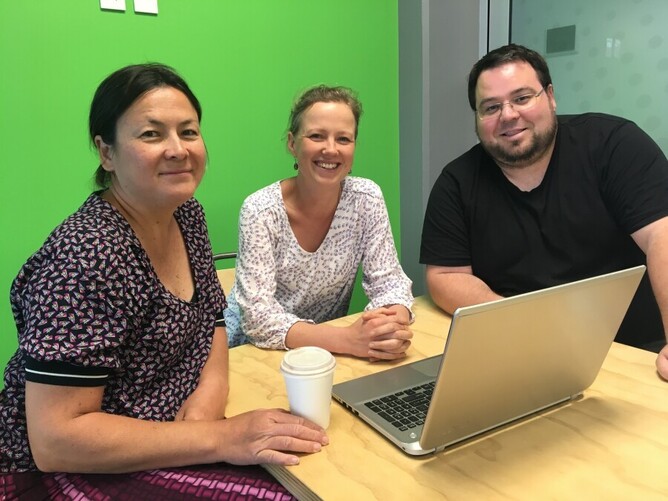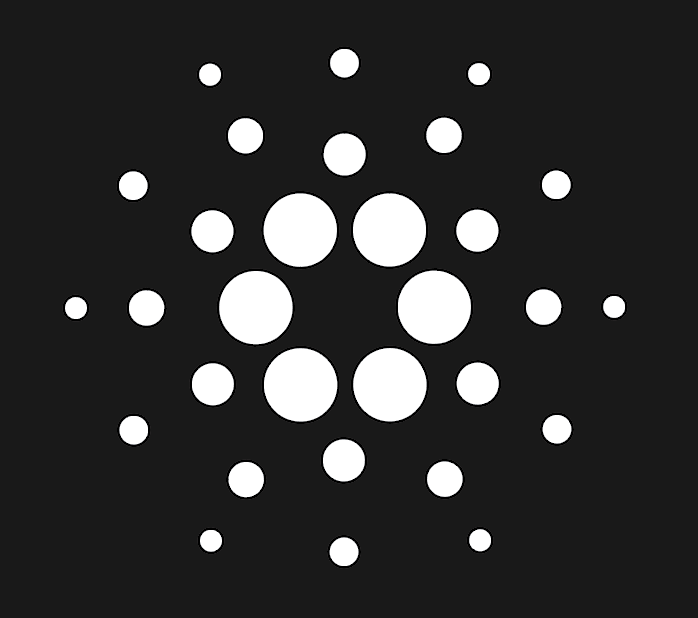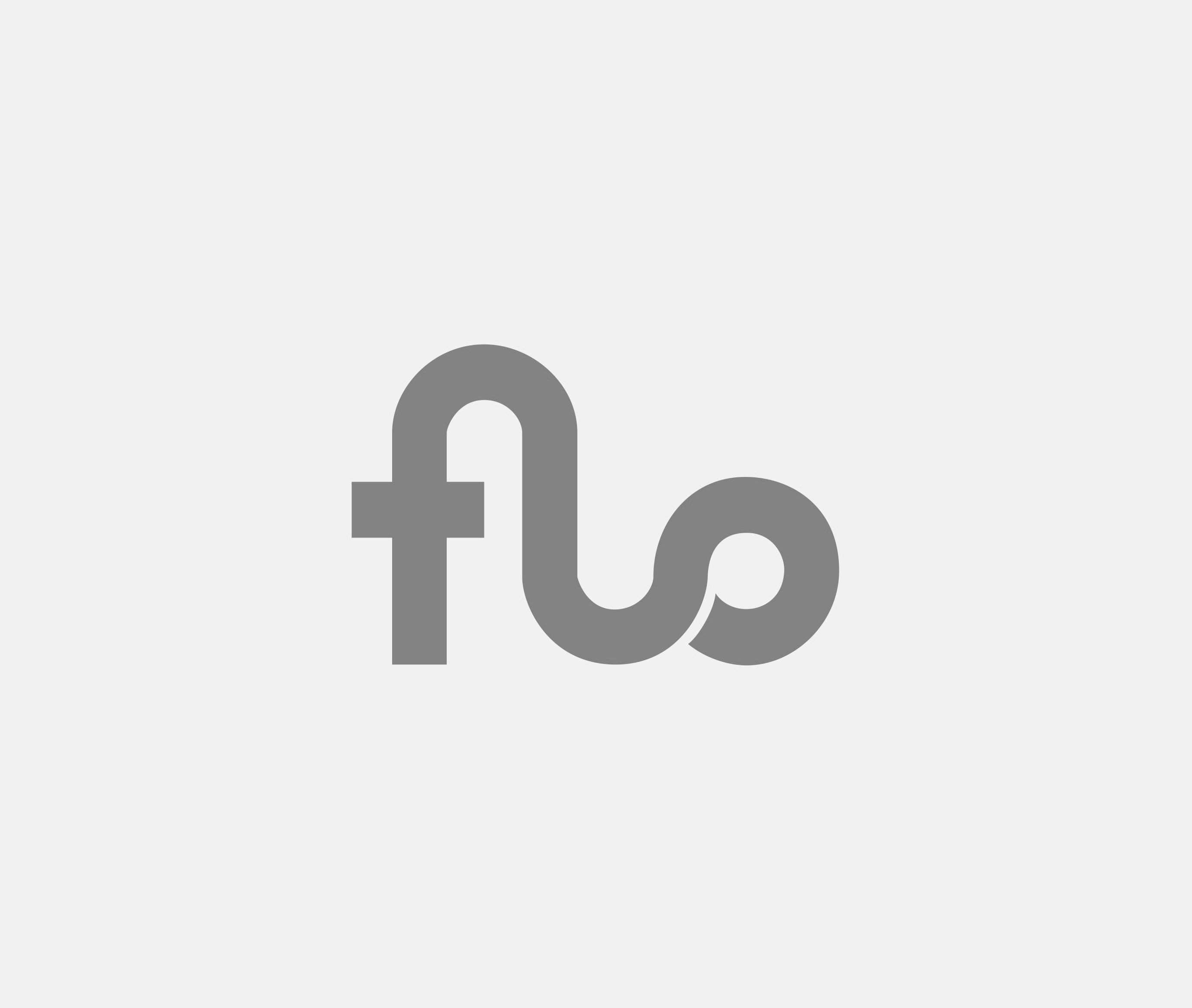Last year, as part of Tauranga Startup Weekend, a group of social entrepreneurs formed a company and became known as CLOser. They pitched an idea to solve one of the most critical problems facing a large number of New Zealanders now, and in the future – housing.
Over the weekend they worked on and pitched their solution for alternative housing, centred around creating community, sharing resources and connection, using co-housing principles.
It’s been a year since the event and Venture Centre, along with Akina and BayTrust have been providing enterprise building support to the hardworking team to progress their concept. On the eve of the next Tauranga Startup Weekend – in 2018 focused entirely on impact – we thought we’d update you with the latest from team member and architect, Bobbie Cornell. See what they’ve been up to, where they are at and what they’ve learned along the way ...
Give us a bit of background Bobbie – you, your journey and why you’re driven to solve our housing issues?
Over the past six years I lived in the Mount, built a new home, renovated another, then become a solo mum and had to 'ease' back into work as an architect (my pre-child career) – with a focus on small space design.
I am now just about to move into my own tiny house. It’s an alternative to the standard quarter acre/three-bedder that makes up the majority of the housing market. It’s a solution I’ve chosen to answer many of the challenges I’ve been facing (and many others do too).
I don't want a mortgage till I die (I'm not young!). I don't want to put work before my children just to pay the bank and want to live where they can run free and safe. I’d like spare time (and income) so we can enjoy life as a family, travel and have adventures so we can learn, grow and find more ways to contribute to our community.
I've still got to pay off my tiny house, but it's costing me less than my rent was and I have a warm, dry, sunny, small home. In a few years it won't cost much at all!
None of this would have been possible for me without kind support volunteered by a close friend since no lenders would loan a solo mum the capital to build what is essentially a huge warm caravan to live in. However, I believe there is a solution to both problems – the small home design and build, and appropriate capital – for others too. So now I’m on my way, with the CLOser team, to building a social enterprise around the solution I’ve found and want to share.
So small house living isn’t a new idea for you, is it?
No. It’s not new at all. Prior to Startup Weekend, I had been supporting Melissa Cox and Tessa McKenzie of Housing Alternatives Tauranga and Bay of Plenty to try and establish a tiny house village, either in Tauranga or in Western Bay. However, despite considerable verbal political support, we kept running into brick walls. The regulations and planning zoning is just prohibitive, despite the recognition of the housing problem, and worse, having had land virtually donated to us for this purpose!
It seems that policy, rules and regulations, put in place at a time when Tauranga was much smaller and this problem wasn’t recognised, aren’t flexing and responsive to what is already huge social problem (and likely to continue to grow to be devastating to future generations without innovation at local government level).
Startup Weekend gave me an opportunity to work with people to change course a little to a more palatable/middle ground option with CLOser providing small(er) homes in a co-housing structure.
So, what is CLOser?
CLOser – which is part acronym for Connected Living Opportunities – was formed to create a replicable housing model to solve a problem for a diverse cross section of us - including low-income and young people, non-traditional families and elderly who can’t afford to buy a property, as well as those who may CHOOSE to live a simpler, more sustainable way of life.
There are a few examples in New Zealand already, such as Earthsong in Auckland, High Street in Dunedin and many international examples, Nightingale.org in Melbourne being the nearest. However these models are either individually or architect-led and take a significant amount of time to come to fruition – if they do at all, because time and energy gets depleted with the complex nature of the work required to create these communities.
Beyond the regs, you have to find like-minded people, find the right site, funding, design and construction. And then there’s managing the democratic decision-making required to maintain harmony which is a job in itself – but ultimately can be very rewarding. CLOser aims to take much of the hard work and of the complexity out of it by having a purchase-ready model for residents to join, with a variety of options.
Each CLOser project is adjusted in vision/intent as appropriate to site/scale etc., and is supported to become a self-managed community (if desired).
Affordability is key, and is why we operate as a social enterprise. Profit is not our driver, successful outcomes for the people we serve is a primary measure.
So, what have you been up to since Tauranga Startup Weekend 2017?
Since then I've completed my Certificate of Small Business with Te Wānanga o Aotearoa and have continued with the Diploma Course, also at TWoA, which has enabled me to continue to work on CLOser. I have just moved into our almost completed Tiny House on Wheels with my two young children, it was started in a two-week workshop on Waiheke Island in Feb/March this year, and I also squeezed in a two-week Earth Building workshop run by the same people in January, in Waimauku, while camping with my two young children. It was a busy summer with work on CLOser too!
In the last month we have started concept work on our Pilot project in Katikati which will provide 15-30 dwellings of various sizes, and we also have a rural off-grid pilot in Tauranga to follow-up.
What challenges has CLOser faced this year?
The main challenges faced by myself and my two co-founders, Ina Murphy and Ryan Plank, has been being able to dedicate enough unpaid time to get things moving, while we balance other commitments. The restrictions on suitable zones and the high costs of compliance, and then development – before even breaking ground – are also proving challenging. But we’re determined to pave the way.
What is your plan now? What’s next?
We’ve found supporters of CLOser are actually people who have property and investment capital that want their legacy to be doing good for un-served members of their community rather than ‘just’ making money.
We’re developing a detailed concept as a pilot with a committed and socially motivated land owner in Katikati – it’s a prototype design. We’ve sourced funding to carry out our modelling, thanks to BayTrust and have been working with Venture Centre and Akina building team capacity and helping to find and utilise expert advisory support. Getting this done is our immediate focus. We are aiming to have reached a significant milestone by November 2018.
I'm learning how to do this through my Diploma, and with mentoring support from Venture Centre, which was part of our prize package from the Tauranga Startup Weekend (donated to our team after the event because the winning team decided not to pursue their venture and we were runners up, and a popular one too!)
And a key to being able to move forward is finding new team members and collaborators, rather than reinventing any wheels, by working together we can share knowledge and spread our capacity across regions and housing solution. I will be announcing our new team soon on our facebook page so please follow to stay updated!
What have you learnt along the way about Tauranga’s housing that you didn’t know at the start?
It is deceptively difficult to do anything 'outside the box'. Traditional property development focused on profiteering is seen as the only way. There is a lot of suspicion of people who want to do something with property who are not focused solely on personal gain. Creative, socially and environmentally conscious solutions get the life sucked out of them even though everyone admits there’s a problem which is getting worse.
That there is a ton of work to do to advocate for LEGAL alternatives to current regs, rather than take the much simpler route many others choose – to go under the radar. Not only does that route mean taking risks I won't take for my family, it’s not sustainable or scaleable.
That there needs to be more scope and ability for council to seek and get resource to have independent expert support for projects where council staff experience beyond the norm may be limited (there’s very little understanding of social enterprise, social procurement, social entrepreneurs and that can lead to suspicion).
Finally, that good people of like, willing minds can make lighter work of wicked problems! So, I'll be connecting with more of the people I met last year at Tauranga Startup Weekend to work together, as there are many pots on the boil and I’ve learnt that complementary collaboration is key!
Click here to follow CLOser on Facebook and here to see CLOser's website.
Bobbie’s tiny house journey and other projects are on her Facebook page REALiti
Or, click here to participate in Tauranga Startup Weekend Impact.







